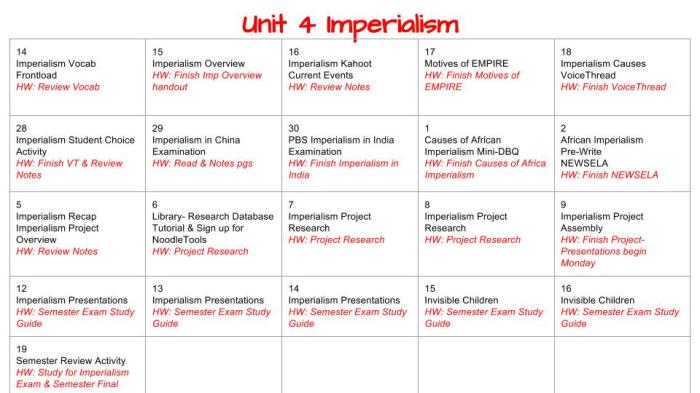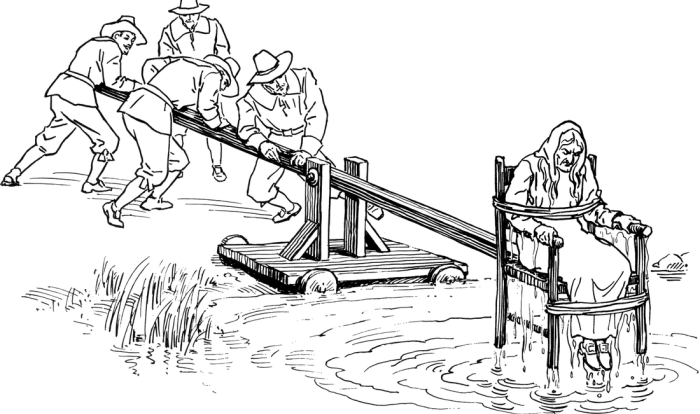The Imperialism Webquest Answer Key PDF, an invaluable resource for students and educators, provides a comprehensive overview of the complex and multifaceted phenomenon of imperialism. This meticulously crafted document offers a wealth of information, insights, and historical context to enhance understanding of this pivotal chapter in world history.
Within its pages, the Imperialism Webquest Answer Key PDF explores the historical roots, motivations, and consequences of imperialism, examining the methods used by imperial powers to establish and maintain control over colonies. It delves into the economic, political, and social impacts on both the colonizing and colonized societies, shedding light on the profound transformations wrought by this era.
Imperialism: Definition and Historical Context: Imperialism Webquest Answer Key Pdf

Imperialism is a policy or practice by which a country extends its authority by territorial acquisition or by the establishment of economic and political dominance over other nations. The historical roots of imperialism can be traced back to the ancient world, with empires such as the Roman Empire and the Chinese Han Dynasty.
In the 15th and 16th centuries, European powers began to establish overseas colonies, which marked the beginning of modern imperialism. The motivations for imperial expansion included economic gain, political power, and the desire to spread cultural and religious values.
Methods and Consequences of Imperialism
Imperial powers used a variety of methods to establish and maintain control over their colonies, including military conquest, economic exploitation, and political domination. The economic consequences of imperialism included the development of global trade networks and the exploitation of natural resources in the colonies.
The political consequences included the imposition of colonial rule and the suppression of local autonomy. The social consequences included the displacement of indigenous populations, the introduction of new diseases, and the disruption of traditional ways of life.
Imperialism in the Modern Era
The legacy of imperialism continues to shape the world today. Former colonies have struggled to overcome the economic and political challenges inherited from their colonial past. The continuing influence of imperialism can be seen in the global economic system, which is dominated by multinational corporations based in the former imperial powers.
The challenges facing former colonies in the 21st century include poverty, inequality, and political instability.
Anti-Imperialist Movements and Decolonization
Anti-imperialist movements have played a significant role in the process of decolonization. These movements have used a variety of strategies to resist imperial rule, including armed struggle, civil disobedience, and political agitation. The process of decolonization has been complex and uneven, but it has led to the independence of many former colonies.
Imperialism in Literature and Media
Imperialism has been a major theme in literature and media. Writers and artists have used their work to critique the effects of imperialism on both the colonizing and colonized societies. Imperialism has also been used as a literary device to explore themes such as power, identity, and the human condition.
Imperialism and Globalization, Imperialism webquest answer key pdf
Imperialism and globalization are closely related phenomena. Imperialism was a driving force behind the globalization of the world economy. In the 21st century, globalization has led to the emergence of new forms of imperialism, such as economic imperialism and cultural imperialism.
Case Studies of Imperialism
There are many different case studies of imperialism that can be examined. Some of the most well-known examples include the British Empire, the French Empire, and the United States Empire. Each of these empires had its own unique characteristics, motivations, and consequences.
Answers to Common Questions
What is the definition of imperialism?
Imperialism refers to the policy or practice by which a country extends its power and influence through diplomacy or military force over other countries or peoples.
What were the primary motivations for imperial expansion?
Imperial powers were driven by a complex interplay of economic, political, and ideological factors, including the desire for new markets, raw materials, and strategic territories.
What were the major consequences of imperialism?
Imperialism had profound economic, political, social, and cultural consequences, leading to the exploitation of colonized peoples, the disruption of indigenous societies, and the rise of nationalist movements.

